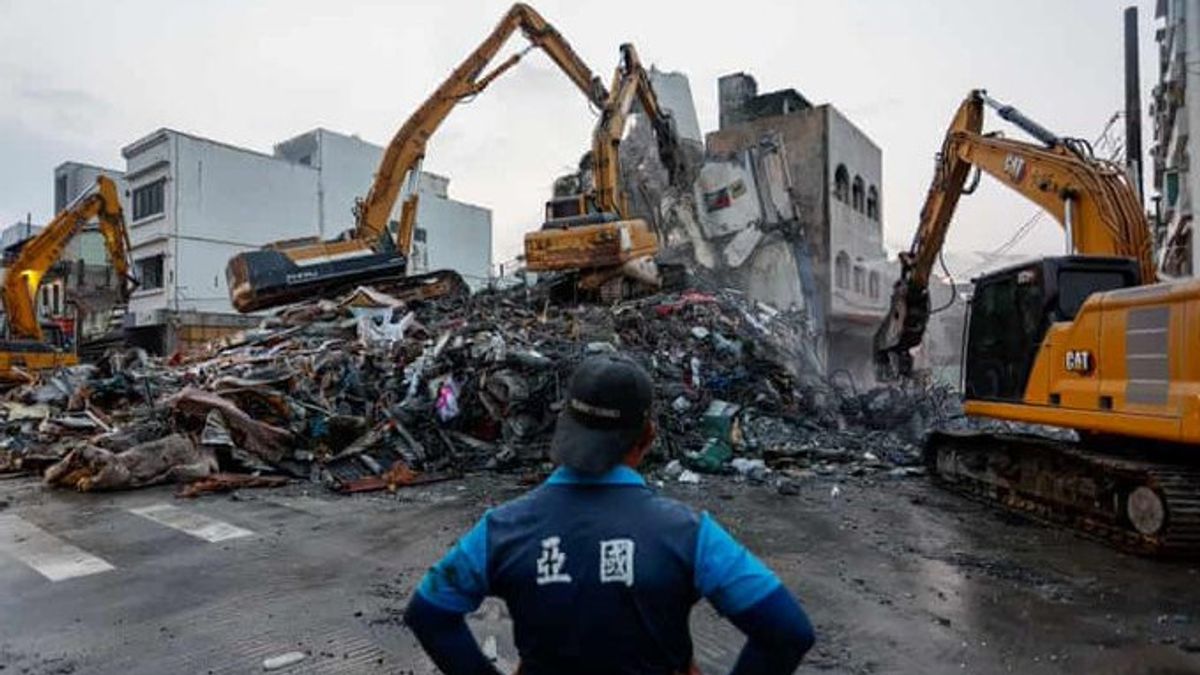JAKARTA - A number of analysts stated that the 7.2 magnitude earthquake that rocked Taiwan's east coast on Wednesday March 3 was likely to cause some disruption in Asia's semiconductor supply chain. This was discovered after chip manufacturers ranging from TSMC to UMC suspended some operations to check facilities and transfer employees.
The strong earthquake hit Taiwan's east coast near Hualien Regency on Wednesday morning, killing nine people and injuring 800 others. This is the largest earthquake since 1999.
The island nation plays a huge role in the global chip supply chain as it hosts the world's largest chipmaker, Taiwan Semiconductor Manufacturing Co (TSMC), which supplies chips to Apple and Nvidia.
The country also hosts smaller chip manufacturers, including UMC, Vanguard International Semiconductor, and Powerchip Semiconductor Manufacturing.
Although most of their facilities are not close to the epicenter, many of the companies said they had evacuated some of their factories and closed several facilities for inspection.
TSMC said on Wednesday that work at its construction site, which had been suspended, would resume after inspection, while the affected facilities are expected to restart production throughout the night.
The chip company, whose facilities in Hsinchu, Tainan, and Taichung are experiencing various levels of disruption, may have to delay some shipments and increase wafer input to compensate for this, Consultant Isaiah Research said in a note.
"Reducing the impact of the earthquake requires careful and time steps to restore production and maintain quality standards, which present additional implications and obstacles," they said.
SEE ALSO:
Barclays analysis says that some of the highly advanced semiconductor factories must operate non-stop 24/7 in a vacuum for several weeks and the shutdown will disrupt the process, pushing price pressure in the sector.
This could lead to "short-term constraints" for electronics manufacturing in economies that focus on upstream products, such as Japan and Korea, as well as economies that focus on downstream products, such as China and Vietnam, they said.
However, the report noted that lower levels of inventory among customers could allow chipmakers Taiwan and Korea to raise prices.
The English, Chinese, Japanese, Arabic, and French versions are automatically generated by the AI. So there may still be inaccuracies in translating, please always see Indonesian as our main language. (system supported by DigitalSiber.id)















